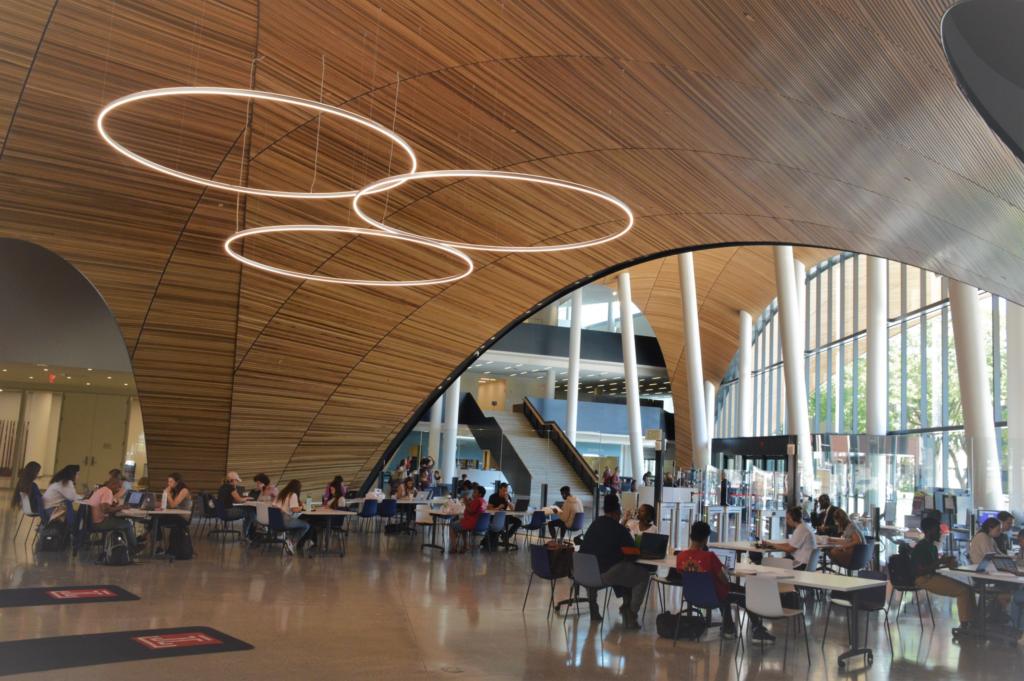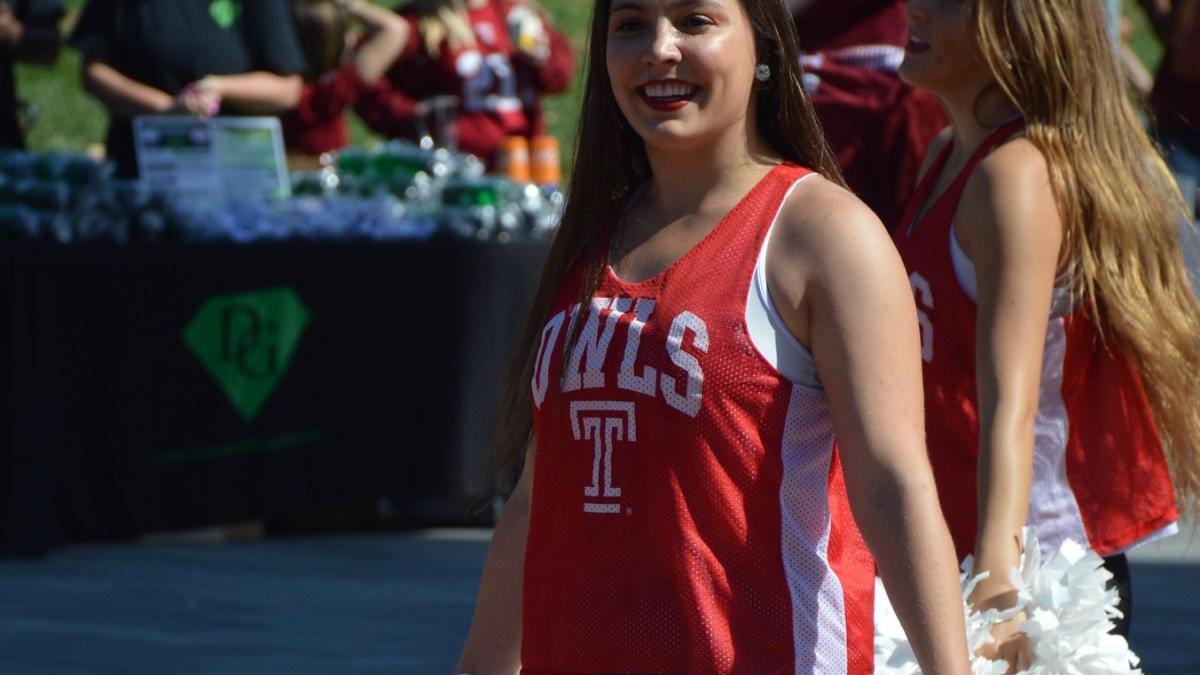This week, I gave the floor to a letter I received from a Temple student who just wants a little transparency from the school she committed four years and thousands of dollars to.
Temple, like just about every college and/or university in America, has to weigh the right way of bringing thousands of students back to campus, or not, this fall amid the backdrop of COVID-19. And frankly, without a vaccine, there is no solution that will end up being the right one.
However, what Olivia Krupa, a senior at Temple is incensed with is not the news that the 2020 semester might be a clusterfuck beyond of COVID-19, but that it appears to be by design to hundreds of students who demand better answers and better communication from an institution ready to accept their dollars but not justifying why the cost is still so steep. It should be noted that just this week, Temple president Richard Englert announced his resignation, which is what personally raised a massive red flag for me.
I’ll just let Olivia speak to it and catch you next week. Her letter has been edited for brevity and for print, but you can read the full letter on our website: philadelphiaweekly.com. If you’d like to sound off on this as well or have something to say in rebuttal, we too will happily provide the floor. Send it to us at voices@philadelphiaweekly.com.
I am Olivia Krupa and I am a rising senior at Temple University, completing a degree in English and Secondary Education.
I hope this email finds you well. I am emailing in regards to the fall 2020 scheduling changes made in the past week and to the lack of transparency that Temple University has operated under recently. On June 2, at 12:22 p.m., Richard Englert, President of Temple University, sent out an email to the Temple student body.
“It is our intention for learning to be blended this fall, with classes being taught both in-person and virtually,” Englert wrote, an email that signaled to Temple students that there would, in fact, be in-person classes, alongside with virtual ones.
Many students have proceeded with plans such as signing lease agreements. Some students who were unsure if they wanted to take a semester off in case classes were virtual, believed that would no longer be an issue, and so decided to continue with their attendance for Fall 2020.

However, on the week of June 28-July 2, Temple students began to notice a massive change in their scheduled classes for the 2020 Fall semester: a shift from in-class learning to virtual learning. Students reached out to fellow peers in search of answers because, to our surprise and disappointment, Richard Englert or Temple made no effort to contact the student body about these specific changes.
My disappointment lies not in the prospect of taking online courses, as I recognize this is the safest option for myself, as well as for my Temple community. My disappointment is in the lack of communication we have been receiving from Temple University itself. I feel bad for my fellow students who signed lease agreements when they otherwise might have stayed home if they had known beforehand that most classes would be virtual.
I feel bad for my fellow students who wanted to spend their last semester on campus and in person and had they known almost every one of their classes would be online might have taken some time off so that their last semester could have been their choice.
Since after all, we’re the ones paying for it in the end.
We would rather be told that board members are having difficulty making decisions around an unprecedented situation than being misled or kept out of the loop – at least it would’ve been honest.
Olivia Krupa, senior, Temple University
As a student who pays an exorbitant amount of money a year to attend this university, I feel I have the right to be kept in the loop about where my money is going and what is happening. This has not been the case. If most classes are online, why am I spending the same amount as I would for an in-person education on an online education I will irrefutably get less out of?
If I am to be learning virtually, why are my tuition dollars accounting for a building I will not be taught inside of? And if I am learning virtually, can I expect the same quality of education out of professors who are unaccustomed to working digitally in order to teach their classes? These questions and more go unanswered, largely due to the lack of transparency that goes on at Temple University between its students and its decision-makers.
No one could have expected a pandemic. However, what we as Temple students absolutely do expect is an open line of communication between Temple officials and us, their students. We want clarity, we want transparency, and we want an apology: an apology for the misleading nature of President Englert’s email, an apology for the lack of communication when massive changes to the schedule were occurring, and an apology to students who expected more out of this university.
We would rather be told that board members are having difficulty making decisions around an unprecedented situation than being misled or kept out of the loop – at least it would’ve been honest.
I am writing to you to please share this message. I have started a petition on change.org in support of Temple lowering its tuition for the Fall 2020 semester, where over 12,000 people have already signed showing their support. If this gets enough momentum, we could really make a change for the students. You can view the petition here.





